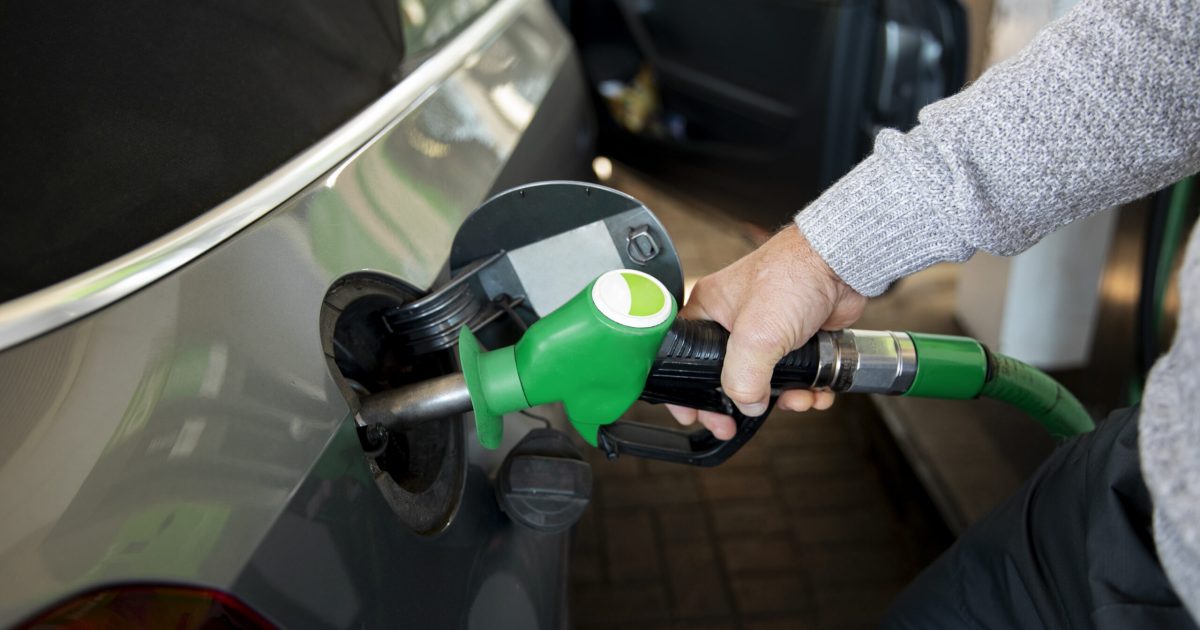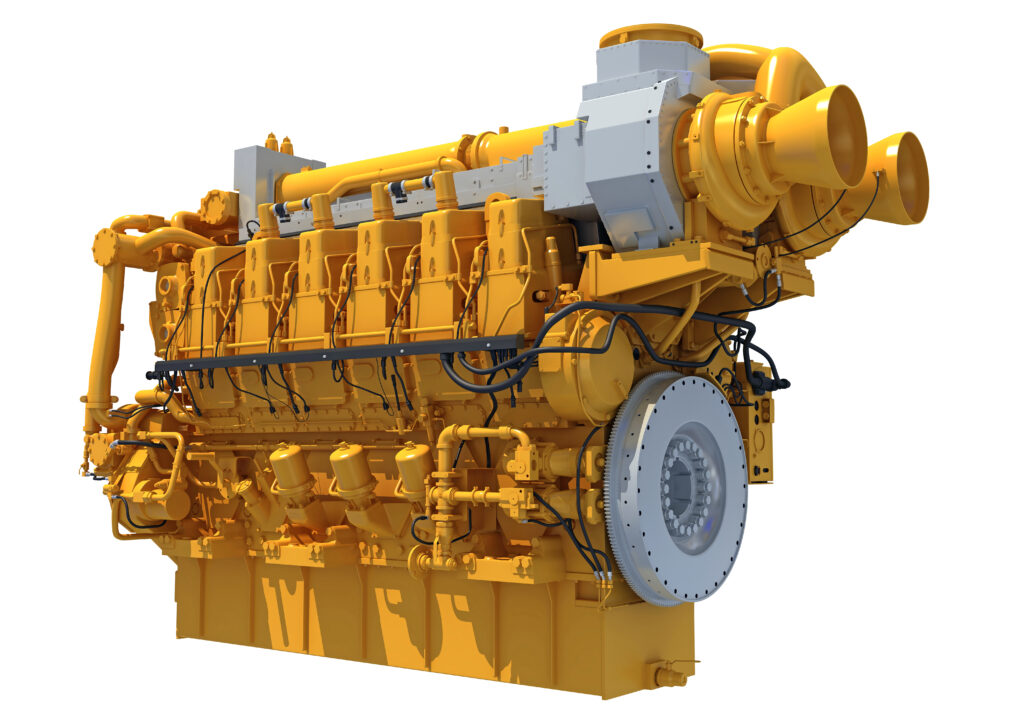What is gasoline in diesel engine repair cost?

Can be a cause for concern for many owners about” gas in diesel engine repair cost”. Sometimes gasoline (petrol) can be mixed with diesel for unforeseen reasons. I think the following explanation will give you an idea about the cost of repairing a diesel engine with gas contamination.
In this explanation, you will learn what can happen if gas (petrol) in diesel, why it happens, how much repairs cost and what to do.
What happened actually: We know that gasoline is a highly volatile liquid, which has the potential to turn into vapor very quickly. If gasoline (petrol) is mixed with diesel, it will turn into gas rapidly, which can increase fuel consumption and cause system vapor lock.
Symptom: The ignition quality of the engine will deteriorate, and many times the engine will stop while running conditions. Acceleration will decrease, Engine will not start, knocking will occur, and the color of the smoke will change compared to before.
Knock formation: Gasoline is prone to ignition at low temperatures; hence, self-combustion occurs before the main combustion and creates noise in the combustion chamber, causing the engine to run unevenly. All combustion chamber pressures increase rapidly, directly impacting the engine structure. As a result, a knocking sound is heard, and free vibration is felt in the engine parts. The resulting pressure can cause the cylinder wall to vibrate in an uneven wave, which may lead to engine overheating. Cylinders and bearings wear out quickly, and the piston crown may melt or pit. Holes can form in the cylinder head and valves.
Disadvantages of high pressure fuel pump: The high-pressure fuel pump cannot generate high pressure due to the gasoline mixture because gasoline is a highly volatile fuel, which increases the possibility of self-combustion in the pump itself. This can cause serious damage of the engine.
Injector nozzles: Gasoline mixtures can cause injector damage due to auto-ignition, similar to fuel pumps.
Lubricating oil properties: Moreover, if gasoline (petrol) enters the cylinder in a un-combusted state, it can pass through the cylinder head into the crankcase and mix with the lube oil, compromising the quality of the lube oil.
Fuel properties poor: Viscosity is very important in a diesel engine. If the diesel fuel does not have sufficient viscosity, the lubricating film of the pump and injector will break, potentially damaging the valuable parts of the pump and injectors. Conversely, if the viscosity is too high, the pump may not be fully charged.
Power Loss: Engine efficiency is reduced, and losses increase due to noise and temperature differences in the cylinders. Also, unsaturated gasoline can mix with air to form a rubbery gum, which can clog piston rings and intake valves, reducing the volumetric efficiency of the manifold. On the other hand, Due to the temperature difference between the cooling system and the engine cylinder, the rate of heat transfer increases, reducing the power and efficiency of the engine.
Chemical composition: To maintain the quality of commercial gasoline, several additives are added, such as the antiknock-agent TEL, ignition temperature modifier TCP, anti-gumming agent 2.6-di-tertiary-butyl-4-methylphenol, etc. Additionally, gasoline dyes are added to easily identify different brands and grades of gasoline. If gasoline (petrol) is mixed with diesel, these chemical impurities will also mix with the fuel, disrupting the normal combustion process and ultimately reducing the engine’s performance.
Emission effects to the environment: The chemical composition of diesel fuel plays a critical role in engine combustion and emissions compliance. Diesel fuel typically contains hydrocarbons and additives, but the presence of sulfur and other impurities can result in higher emissions of nitrogen oxides (NOx) and particulate matter (PM). Incomplete combustion due to fuel composition variations can also lead to the release of carbon monoxide (CO) and unburned hydrocarbons (UHC). To meet emissions regulations, diesel engines must use fuel with cleaner compositions, ensuring efficient combustion, lower pollutant output, and reduced environmental impact while maintaining compliance with stringent standards.
Increase in labor cost: Engine breakdown will lead to more maintenance, which will increase the cost.
Diagnostic cost: Diesel must be checked for its characteristic properties, which is expensive.
Solution: Flush the entire system like fuel pump, injector, inlet manifold, fuel tank with all oil drains to ensure no amount of waste is left behind.
In summary, gasoline fuel is not suitable for diesel engines because two types of fuel are used in two types of engines, and the two are also different in terms of characteristics. Therefore, you should not use gasoline in a diesel engine; otherwise, you will have to bear the repair costs extremely. Ultimately, the bottom line is that you need to take utmost precautions to avoid gas in diesel engine repair cost.
What different diesel engine and gasoline engine

Both diesel engines and gasoline engines are internal combustion engines, but they operate in two different ways due to fuel combustion. In a diesel engine, combustion occurs by injecting diesel into compressed air, while in a gasoline engine, combustion happens by igniting a mixture of air and fuel with a spark. This is the main difference. The following explanation discusses other points to make the difference easier to understand.
Diesel engines use less volatile fuel, whereas gasoline is more volatile. The compression ratio of a diesel engine is higher than that of a gasoline engine. Diesel engines are used in jeeps, buses, trucks, and marine engines, while gasoline engines are used in motorcycles, scooters, cars, and airplanes. Diesel engines are typically used in heavy vehicles, while gasoline engines are used in fast cars. Diesel engines generate more power, but gasoline engines produce less power compared to diesel engines. Diesel engines are also heavier than gasoline engines. The flash point of fuel in a diesel engine is higher than in a gasoline engine. Compression ratios of diesel engines range from 16:1 to 22:1, while gasoline engine compression ratios range from 6:1 to 10:1. Diesel engines rpm lower than gasoline engines.

